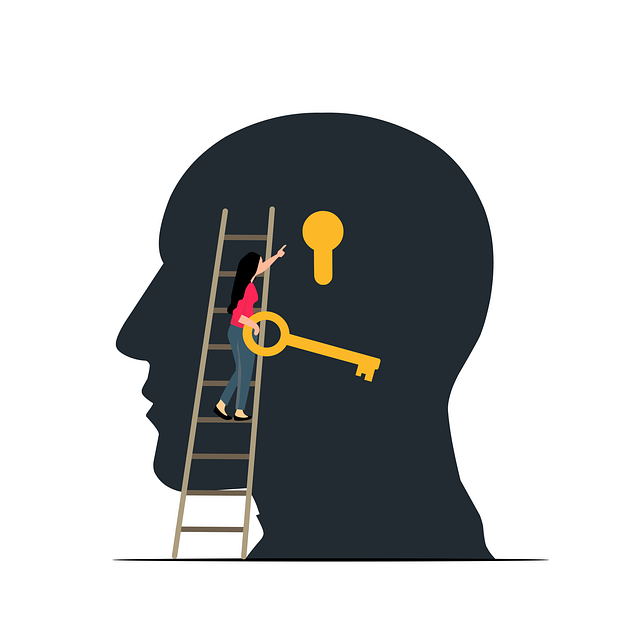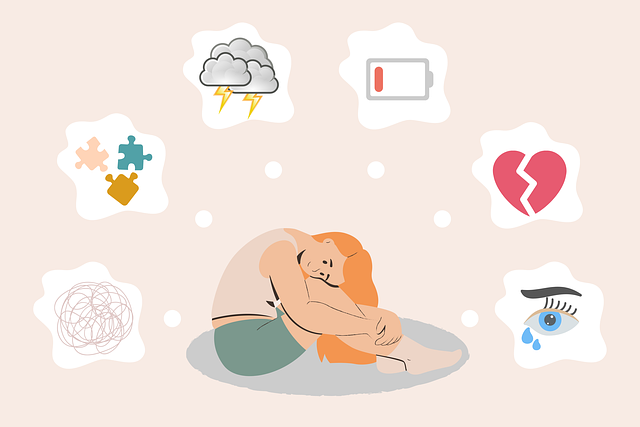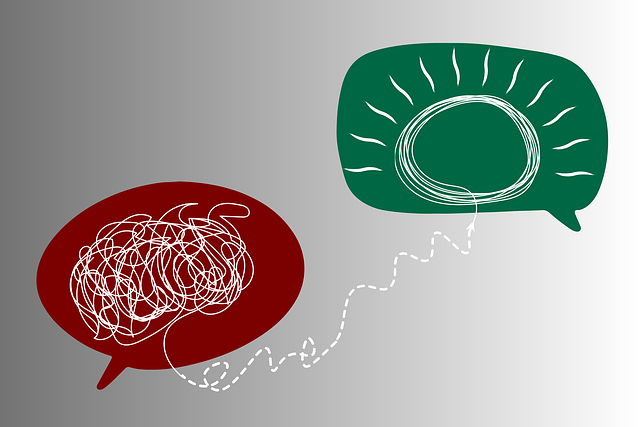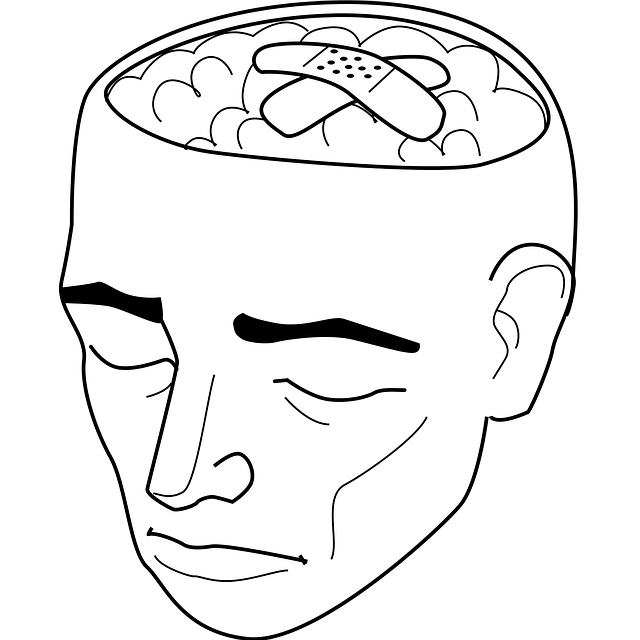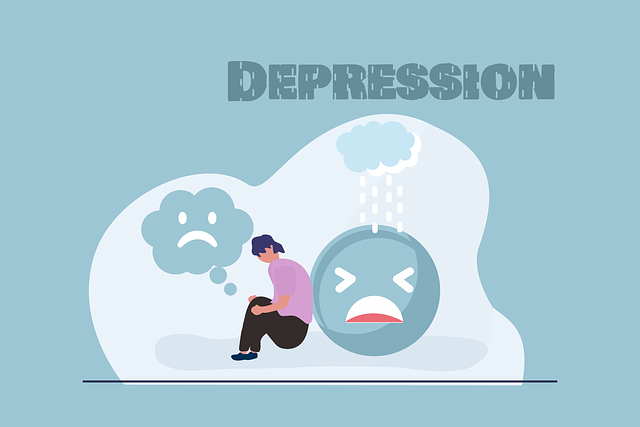Northglenn Play Therapy offers a unique, creative solution for managing stress in children through therapeutic play activities. By empowering young clients with emotional expression tools and conflict resolution skills, this approach enhances emotional intelligence, fosters resilience, and teaches healthy self-care routines. Both students and educators can benefit from Northglenn Play Therapy's innovative techniques to improve overall well-being, create positive learning environments, and promote effective coping mechanisms for life.
Stress management is a vital skill for children to cultivate, as it can significantly impact their overall well-being and development. This article explores effective strategies to help young individuals navigate and mitigate stress. We delve into the profound effects of chronic stress on children’s mental health and provide an in-depth look at Northglenn Play Therapy, a unique approach that utilizes play to teach powerful coping mechanisms. Additionally, we offer practical techniques for educators to implement in the classroom, fostering a calm and supportive learning environment.
- Understanding Stress in Children and Its Impact
- Northglenn Play Therapy: A Creative Approach to Teaching Stress Management
- Practical Techniques for Effective Stress Relief in the Classroom
Understanding Stress in Children and Its Impact

Stress is a universal experience, but its impact on children can be particularly profound. Understanding stress in young minds is crucial for Northglenn Play Therapy professionals as it forms the basis for effective therapy sessions. Children often struggle to articulate their feelings, so therapists use play and creative activities to help them express and process emotions related to stress. By engaging in these therapeutic practices, kids learn valuable conflict resolution techniques that can enhance their ability to cope with daily challenges.
Chronic or prolonged stress without appropriate coping mechanisms can lead to various issues, including anxiety, depression, and difficulty concentrating. Teaching children healthy stress management strategies from an early age is a proactive approach to prevention. Through play therapy, Northglenn-based therapists guide young clients towards building resilience, fostering emotional intelligence, and developing effective tools to navigate stressful situations, ultimately promoting their overall well-being.
Northglenn Play Therapy: A Creative Approach to Teaching Stress Management

Northglenn Play Therapy offers a unique and creative approach to teaching stress management techniques, focusing on the power of play to help individuals, especially children, navigate and cope with stressful situations. This therapeutic method recognizes that play is not solely for entertainment but can be a powerful tool for emotional expression and healing. By incorporating various play-based activities, participants engage in self-care routine development for better mental health while fostering emotional regulation skills.
Through Northglenn Play Therapy, individuals learn to utilize self-awareness exercises within a playful environment, allowing them to explore and understand their emotions more effectively. This approach not only addresses the present stress but also equips individuals with lifelong coping mechanisms, ensuring they can navigate future challenges with resilience and enhanced emotional intelligence.
Practical Techniques for Effective Stress Relief in the Classroom

In the bustling classroom setting, teachers often face high stress levels, impacting their overall well-being and teaching effectiveness. However, integrating practical stress management techniques can significantly mitigate these pressures. One powerful tool is Northglenn Play Therapy, which offers a fun and therapeutic approach to release tension. Through play activities, students express their emotions, fostering emotional well-being promotion techniques that benefit both the teacher and the class.
Additionally, incorporating mindfulness exercises or brief meditation breaks during the day can serve as effective risk assessment strategies for mental health professionals. These practices help teachers reconnect with ‘mind over matter’ principles, enhancing their resilience to stress. By adopting such methods, educators create a more positive learning environment while prioritizing self-care, ultimately improving their ability to engage and support students.
In conclusion, managing stress among children is a multifaceted challenge that requires both understanding and innovative teaching methods. The article has explored these aspects through examining the impact of stress on young minds, highlighting the effectiveness of Northglenn Play Therapy in offering creative solutions, and providing practical techniques for educators to implement in the classroom. By integrating these strategies, we can foster healthier, more resilient students, ensuring their academic and personal growth is supported by effective stress management skills.
